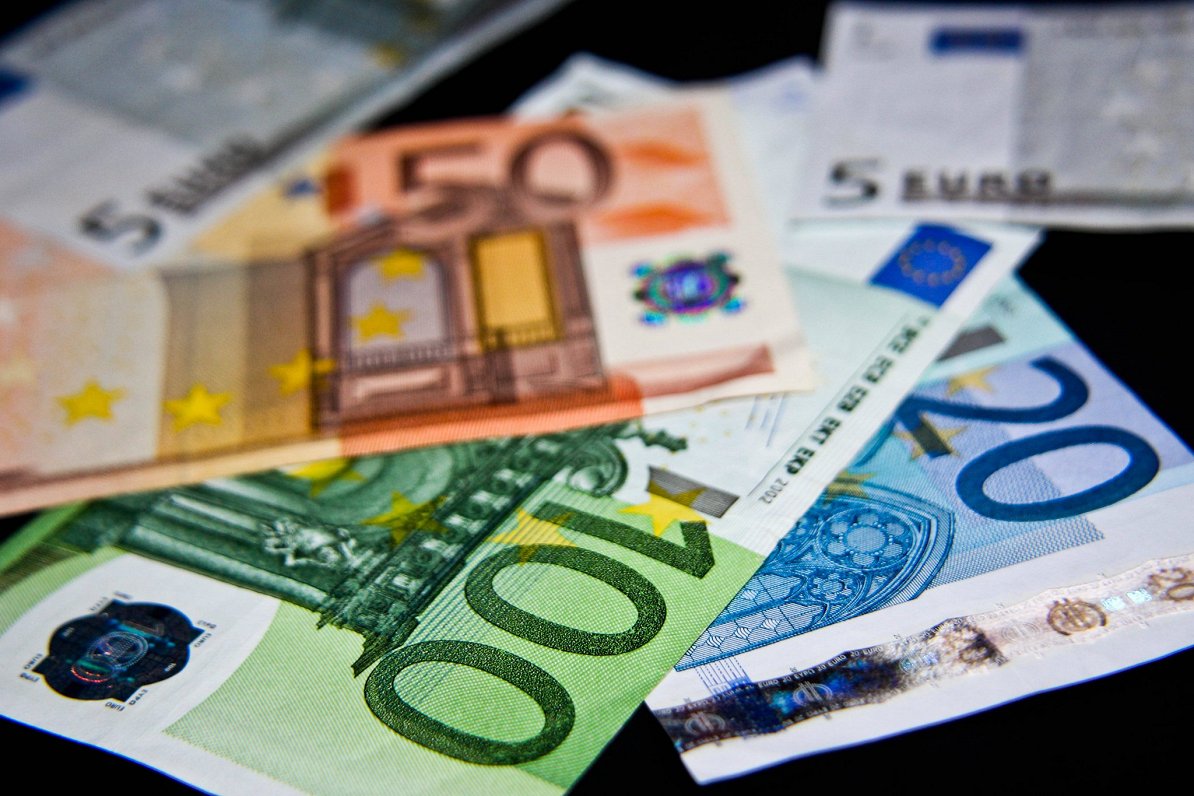Latvia's economy is likely to grow next year, inflation will no longer rage and wages will rise. Latvian Central bank forecasts a GDP growth from 1.4% to 2.5%.
But there are also risks. One of them is interest rates. Currently, forecasts show that they will decrease next year, also reducing credit payments. But in determining them, the price of error will be high, according to Swedbank chief economist Līva Zorgenfreija.
“Central banks will play a big role in balancing policy. If central banks keep rates too high for too long, it can push the European and Latvian economies, which are already limping because of high interest rates, onto their knees. Geopolitics play a major role, where risks are very high.”
Domestic consumption – how much we will spend and warm the economy ourselves – is a key factor in this projected growth. And it has positive signals right now, according to economist Pēteris Strautiņš of Luminor bank.
“This year has been negative, the next one might be better. The question is why? An obvious answer – the price level in Latvia has not changed for nearly a year, it is expected that next year it will not change either. It is not excluded that next year the price level will be even slightly lower. Wages are increasing – they will rise probably slower than this year when the increase was in double digits.
“The increase is smaller, but it will be a real increase. Purchasing power will improve quite significantly. Next year will be like an inverse mirror image of 2022, when wages were growing, but prices were growing faster and real wages were down 8.7%, a dramatically poor figure. ”
For the inflation rate, forecasts range from near zero to around 2%. But they all predict, in principle, a halt in price rises. Inflation of 2% has been set as a target by the European Central Bank in the form of a policy of interest rates.
Wage growth is expected to range from 7% to 9%. Labor will remain a major issue for businesses as the number of workers available overall will continue to shrink due to demographic trends.
Wage growth is not expected for all next year, and for those whose wages will grow, they will not increase equally. Differences between industries will remain because not everyone will be able to afford to raise wages and there will also be differences between companies.
Many risks to the Latvian economy will depend little on us. Not only the conflicts but also the weakness of the economies of trade partners important to Latvia, such as Germany and Sweden, will cause a headache for exporters.
The situation in the Middle East is also a cause for concern, sain Dainis Gašpuitis from SEB Bank.
“It affects us indirectly, through energy prices. It gave a push to oil prices. And we saw the complication of supply chains, which if this conflict widened, would certainly evoke price pressures that are not favorable in this conflict.
“Of course, for us, the primary would be to see the Ukrainian war solution move in the direction we want. But easing tensions in the Middle East would give a positive look in that it would ease uncertainty about the possibility of escalating conflict. ”



























